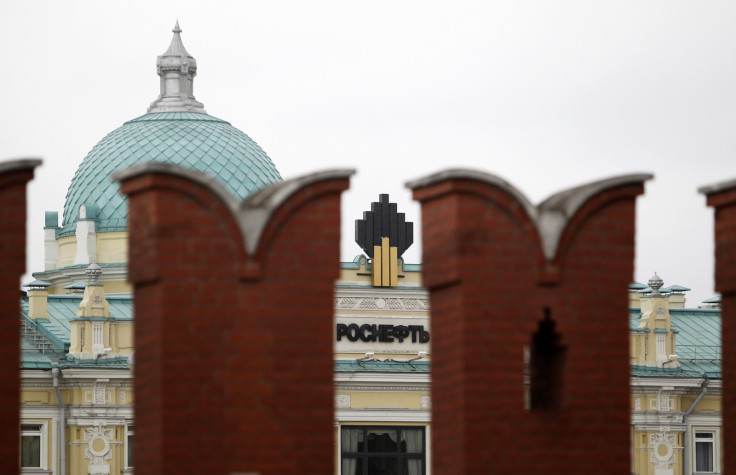Russian oil output hits post-Soviet high

Russia's oil output has reached a post-Soviet high after it averaged 10.58 million barrels of oil per day in 2014.
Oil output rose by 0.7% in the year, according to data from the Energy Ministry. The increase in production was bolstered for the most part by small producers, many of which are private companies, and which collectively increased output by 11% to just over one million barrels of oil per day.
Oil and gas production account for about half of Russian's budget, and make up around two thirds of the country's overall exports. Russia's state-run oil giant Rosneft produces more oil than Opec members Iraq or Iran. However Rosneft saw its output fall 0.7%, amid problems at its West Siberian oilfields.
The price of crude oil has slid dramatically in latter half of 2014 - a corollary of increased shale exploration in the US, which became an exporter again for the first time in decades.
Crude oil reached a daily closing price of $110.53 on September 6, 2013, and fell to a current level of $53.64 as of December 30, 2014.
Western sanctions imposed on Moscow, combined with a global energy supply glut have proved to be a perfect storm for Russia. The best it can do is ramp up production. There was also an increase in exports to China, which reached a new high of 22.6 million tonnes, or 452,000 barrels per day, up 43% on the previous year.
Russian President Vladimir Putin has sought to strengthen ties with China amid heightened tensions with Western powers including the United States and the European Union over Moscow's annexation of Crimea and ongoing role in the Ukraine conflict.
While Russian producers took advantage of the high price in the first half of the year, oil prices have since fallen to around half the level they reached in the summer.
Russia's oil production peaked at 11.41 million bpd in 1988 when it was still part of the former Soviet Union, according to the International Energy Agency.
Russia's oil output exceeded 10 million bpd for the first time since the collapse of the Soviet Union in September 2009.
© Copyright IBTimes 2025. All rights reserved.






















